
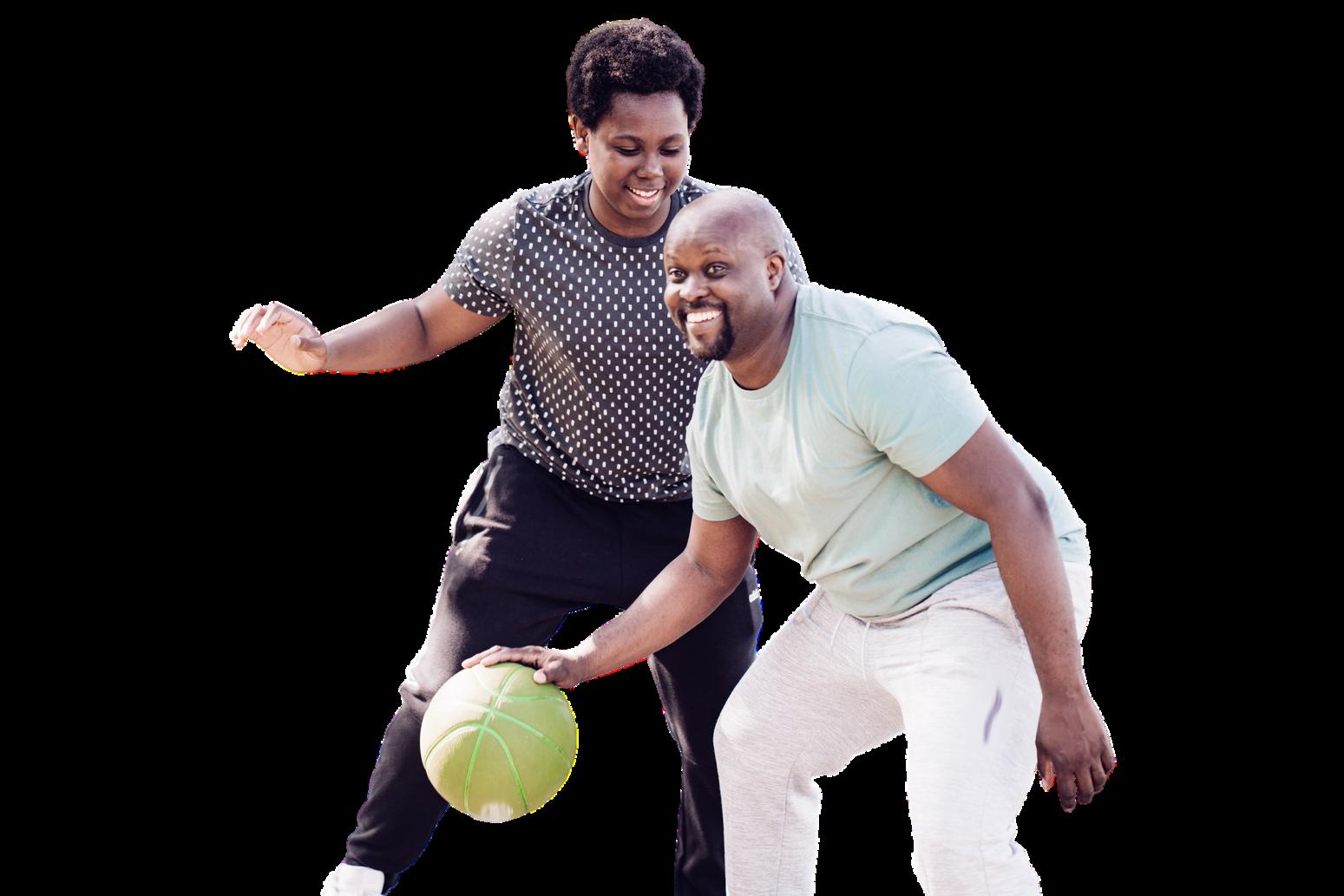
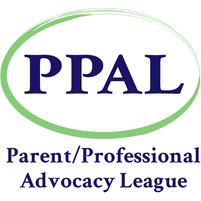






Yay! It’s summer (almost).
I don’t know about you, but when the weather gets warmer, and the days get brighter, I feel like the big ol’ mama bear coming out of hibernation. As the end of the school year approaches, I remember being so relieved that homework woes would go away (for some). Crazy schedules would settle down (for some.) And, maybe, just maybe, there’d be time in the day for fun.
While this can be a time of slowing down and taking it easy for some, it can be a time of great worry and difficulty for others. The change in routine, or lack of routine at all, can be challenging for families and kids. The worry of kids not having enough to do or having too much to do, and how to get them from point A to point B can create stress and chaos in daily life.
I invite you to take a breath with me. In fact, take several. And look for the peace in this one - single - moment. Right now, right here, is all that matters. You will be ok. You will get through this. You are awesome. Join us for one of our upcoming events or groups at PPAL and we’ll be sure to remind you of it!
Carry on you wonderful warriors. The world (and our kids) need us!
Be well, Pam Sager
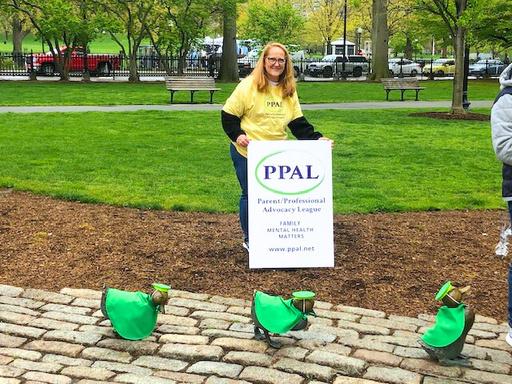

Phone:
Email:
YouTube: @PPALforFamilies

UPCOMING WORKSHOPS
PPAL STATEWIDE MEETING: COMMUNICATION: WHAT PARENTS OF NEURODIVERSE KIDS NEED TO KNOW!
Tuesday, June 13, 10:00 - 11:30 AM
with Brendan Mahan
TRANSITION PLANNING: EMPOWERING FAMILIES
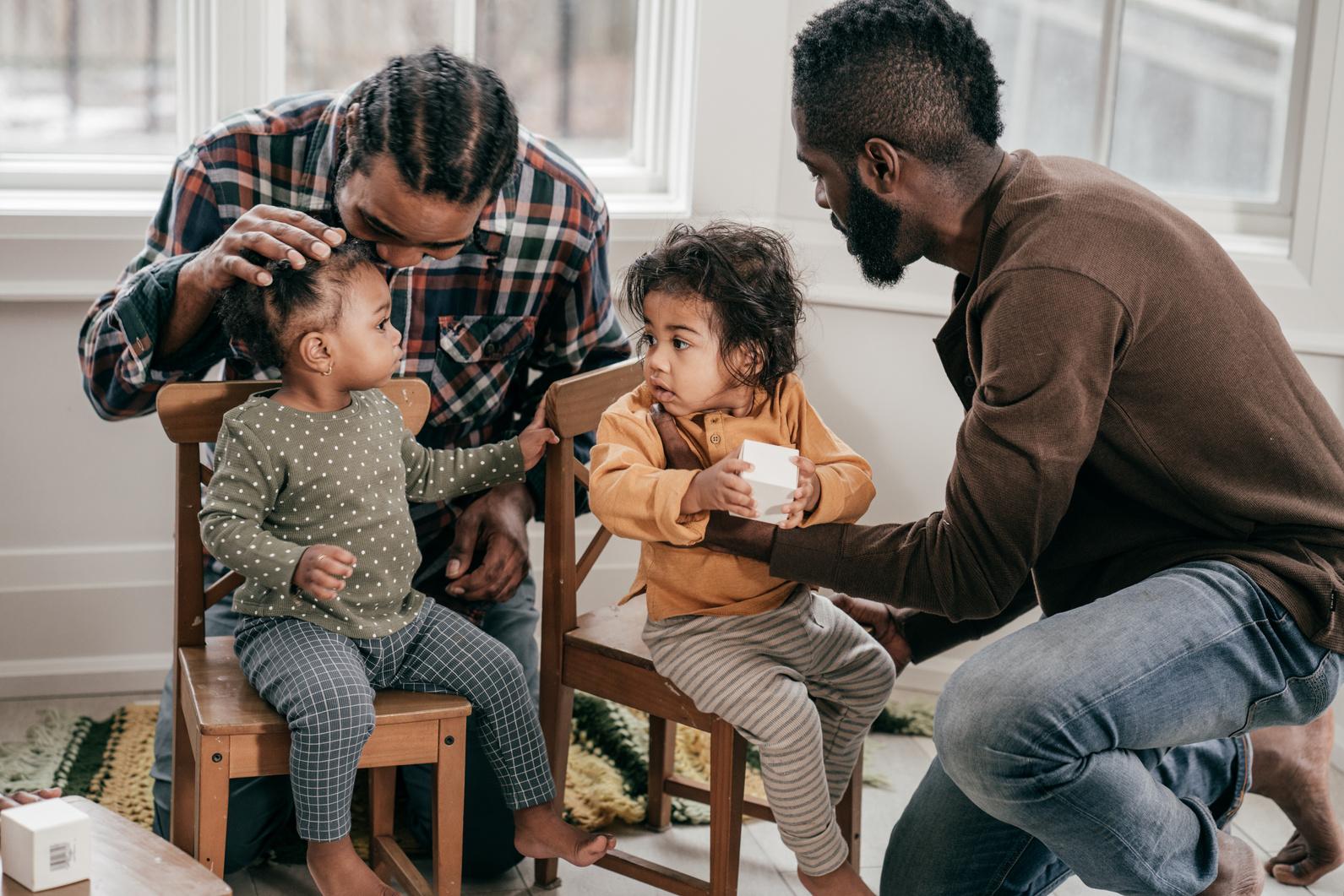

Tuesday, June 20, 10:00 AM - 12:00 PM
TRANSITION PLANNING AND POST SECONDARY OPTIONS
Thursday, June 22, 6:00 PM - 8:00 PM
PLANIFICACIÓN PARA LA TRANSICIÓN Y OPCIONES POSTSECUNDARIAS
Lunes, 26 de Junio, 6:00 - 8:00 PM
WHEN YOUR HEART HURTS... EXPLORING GRIEF IN MENTAL HEALTH.

Monday, June 26, 6:30 - 8:30 PM
CLICK ON A TITLE FOR MORE INFO! or visit http://ppal.net/events/
Meet Peter Weiss, Resource and Referral Specialist at MCPAP and MCPAP s liaison to PPAL! Peter worked for many years as a chef and as an educator, but was inspired by one of his children to shift fields and provide support for the families of kids with mental health needs. He initially took time off of work to be with his daughter, a child with “multiple special abilities,” as Peter likes to put it; once she was in school more regularly, he decided to draw on his vast experience advocating for her in order to help other children as well.
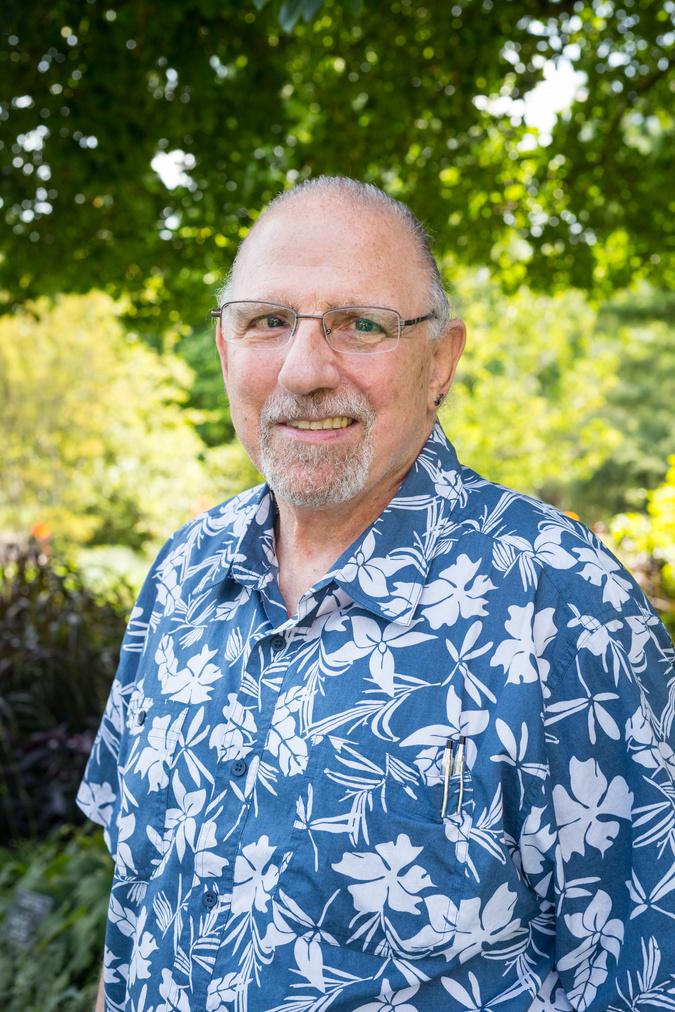
One of Peter’s special interests is getting fathers involved in the world of children’s mental health. “I wish fathers would get more involved,” he says. “In almost every place I go [in children’s mental health] I’m the only male there, and that’s very uncomfortable.” Peter believes that it’s crucial to support fathers on their journey, and says that “We need to find support for fathers so they are comfortable getting involved.” Peter is also a big proponent of raising awareness about the strengths and challenges of children with special needs. “We need to make SEPACs [special education parent advisory councils] and our families more mainstream,” he shares.
Learn more about MCPAP and the work Peter does on the next page!
Reach out to PPAL by calling or filling out our family support request form!
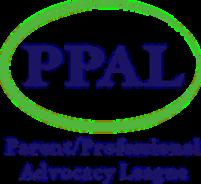
on twelve Wondered MCPAP, the state ng CBHI d, or find a referral ation like d needs, at least, with the doctors ng to call hild.
PAL, tells MCPAP is t doesn’t e them a al health rt than a

MCPAP is available all over the state, including Cape Cod. Families can get a face-to-face consultation with a child psychiatrist, as well as getting connected with therapists and other providers. MCPAP also offers programs specifically for children with autism, for moms, for substance use treatment, and for kids under 6.
Check out the Massachusetts Child Psychiatry Access Program to learn more! MCPAP.com
If you’ve ever attended a PPAL workshop, meeting, or conference, you may have noticed something about your fellow attendees: the majority of them are women. Women outnumber men among social workers, family partners, and the parents and caregivers who come to our trainings. Yet more and more, fathers are embracing their role in supporting their kids, and everything points to just how important their involvement is.
Fatherhood plays a crucial role in shaping the social and emotional development of children, and as society's definition of fatherhood evolves, we witness a growing trend of dads actively engaging in their children's lives. As we do, it’s important to support fathers as they advocate for their children’s mental health.
Research consistently shows that fathers significantly contribute to their children's social and emotional growth. According to one study, active father involvement has been linked to improved social skills, decreased behavioral problems, and enhanced emotional well-being in children. Another review found that father involvement positively influences children's cognitive and social development, with long-lasting effects into adulthood.
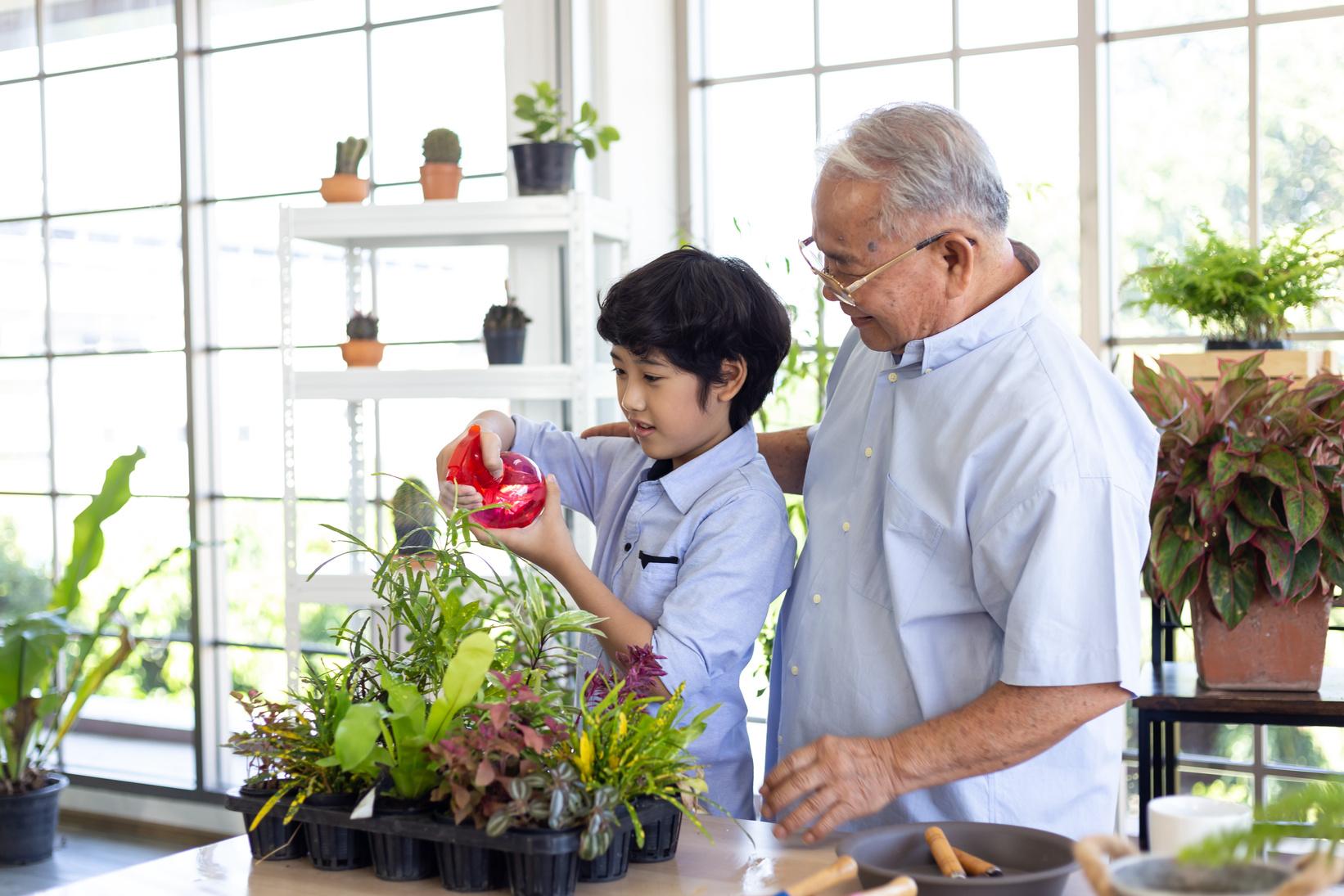
& Bremberg, S. (2008). Fathers' involvement and children's developmental outcomes: A systematic review of longitudinal studies. Acta Paediatrica, 97(2), 153-158.
Sarkadi, A., Kristiansson, R.,
Cabrera, N. J., Volling, B. L., & Barr, R. (2017). Fathers are parents, too! Widening the lens on parenting for children's development. Child Development Perspectives, 11(4), 229-234.
Paquette, D. (2004). Theorizing the father-child relationship: Mechanisms and developmental outcomes. Human Development, 47(4), 193-219. Marsiglio, W., Amato, P. R., Day, R. D., & Lamb, M. E. (2000). Scholarship on fatherhood in the 1990s and beyond. Journal of Marriage and Family, 62(4), 1173-1191.
Oberklaid, F.,According to another study, fathers tend to promote exploration and risktaking, fostering independence and resilience in their children. They also play a vital role in teaching empathy, problem-solving, and emotional regulation. By being actively engaged in their children's lives, fathers serve as positive role models, instilling core values and demonstrating healthy relationships, which greatly impact children's future well-being.
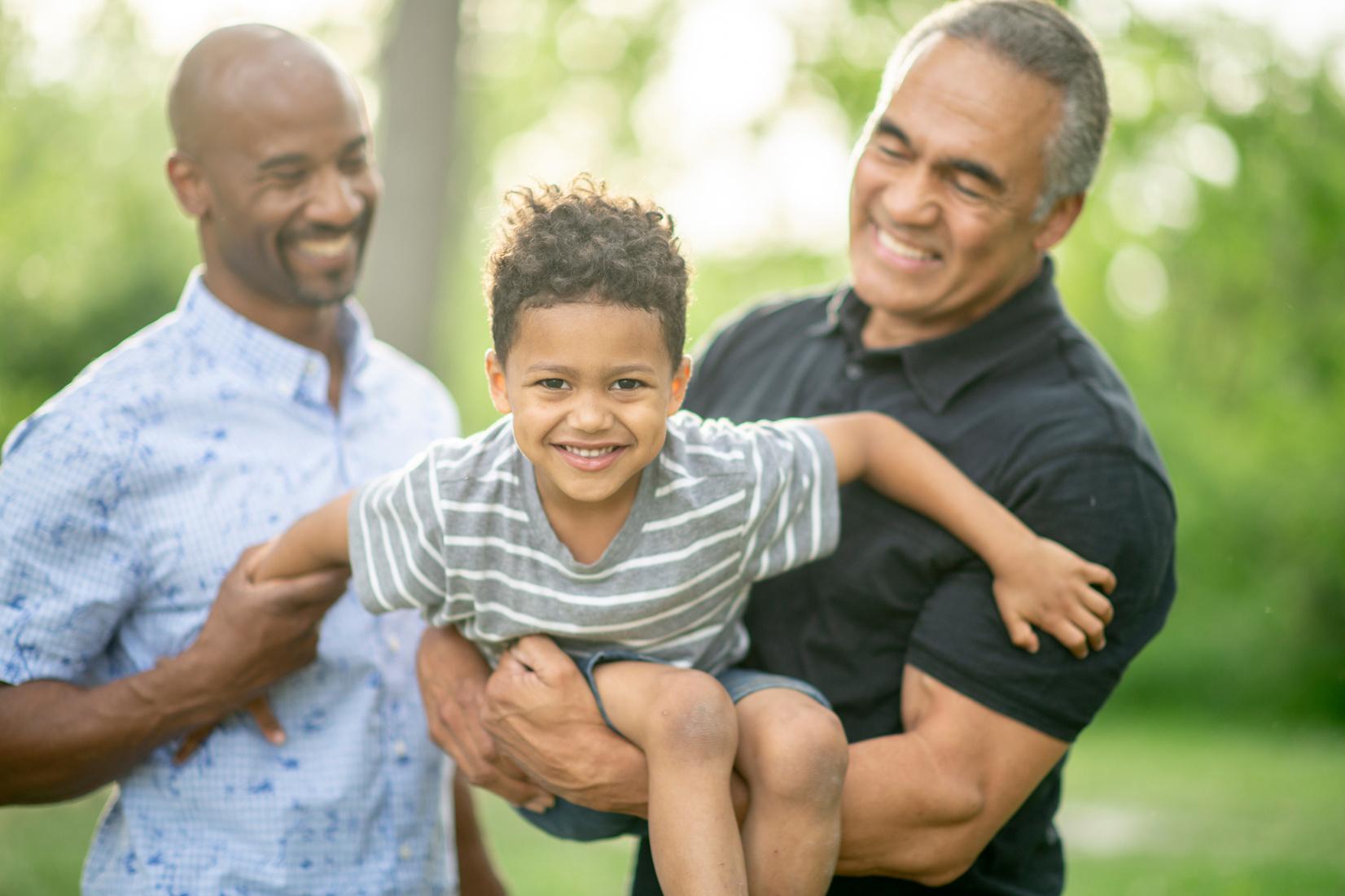
Over the years, traditional notions of fathers as distant breadwinners have given way to a new understanding of active, involved fatherhood. This shift has been facilitated by changing family dynamics, increased gender equality, and a greater recognition of the significance of fathers in children's lives.
Fathers today are embracing their roles as caregivers, participating in day-to-day activities such as meals, bathtime, and bedtime routines. They are more involved in their children's education, extracurricular activities, and emotional well-being. The rise of shared parenting and co-parenting arrangements further emphasizes the importance of fathers' engagement in their children's lives. This shift not only benefits children but also promotes healthier relationships and greater satisfaction within families.
(Peter Weiss, PPAL’s MCPAP liaison and father of a sixteen year old with “multiple special abilities”).
Sarkadi, A., Kristiansson, R., Oberklaid, F., & Bremberg, S. (2008). Fathers' involvement and children's developmental outcomes: A systematic review of longitudinal studies. Acta Paediatrica, 97(2), 153-158.
Cabrera, N. J., Volling, B. L., & Barr, R. (2017). Fathers are parents, too! Widening the lens on parenting for children's development. Child Development Perspectives, 11(4), 229-234. Paquette, D. (2004). Theorizing the father-child relationship: Mechanisms and developmental outcomes. Human Development, 47(4), 193-219.
Marsiglio, W., Amato, P. R., Day, R. D., & Lamb, M. E. (2000). Scholarship on fatherhood in the 1990s and beyond. Journal of Marriage and Family, 62(4), 1173-1191.
We need to find support for fathers so they are comfortable getting involved
As we celebrate the importance of fathers in children's mental health and development, it is crucial to provide support and resources to empower them in their parenting journey. Research suggests several ways we can support fathers in their role:
A) Paternity leave positively affects fathers' involvement in childcare and fosters better father-child relationships. Advocating for paid paternity leave policies ensures fathers have the opportunity to bond with their newborns and actively participate in their care from the earliest stages.
B) Parenting programs designed specifically for fathers can enhance their parenting skills, improve self-confidence, and strengthen the father-child bond. Establishing support groups and parenting programs tailored to fathers provides a safe space for them to connect, share experiences, and learn valuable skills.

5. Huerta, M. C., Adema, W., Baxter, J., Han, W. J., Lausten, M., Lee, R., ... & Waldfogel, J. (2013). Fathers' leave, fathers' involvement: Evidence from four OECD countries. OECD Social, Employment, and Migration Working Papers, No. 140, OECD Publishing.
6. Hawkins, A. J., Amato, P. R., & King, V. (2008). Nonresident father involvement and adolescent well-being: Father effects or child effects? American Sociological Review, 73(6), 999-1022.
c) Education and Awareness: Educating society about the importance of involved fatherhood helps break down stereotypes and encourages active participation. Public awareness campaigns promote positive fatherhood and challenge societal misconceptions. Sharing success stories and positive role models can inspire and motivate fathers to engage fully with their children.
d) Workplace Flexibility: Encouraging flexible work arrangements, such as flexible schedules and opportunities for remote work, contributes to greater work-life integration and allows fathers to be more present in their children's lives.

Fathers play a vital role in the social and emotional development of their children. As society embraces a more inclusive and involved definition of fatherhood, research consistently shows the positive impact it has on children's well-being. By supporting fathers through policies, programs, and education, we can empower them to become nurturing and actively engaged caregivers.
Our thanks to fathers and father-figures everywhere!

I wish fathers would get more involved. In almost every place I go [in this field], I’m the only male there, and that’s very uncomfortable
(Peter Weiss, PPAL’s MCPAP liaison and father of a sixteen year old with “multiple special abilities”).
How was school for your child this year from an academic perspective?
How was school for your child this year from a social, emotional or mental health perspective?

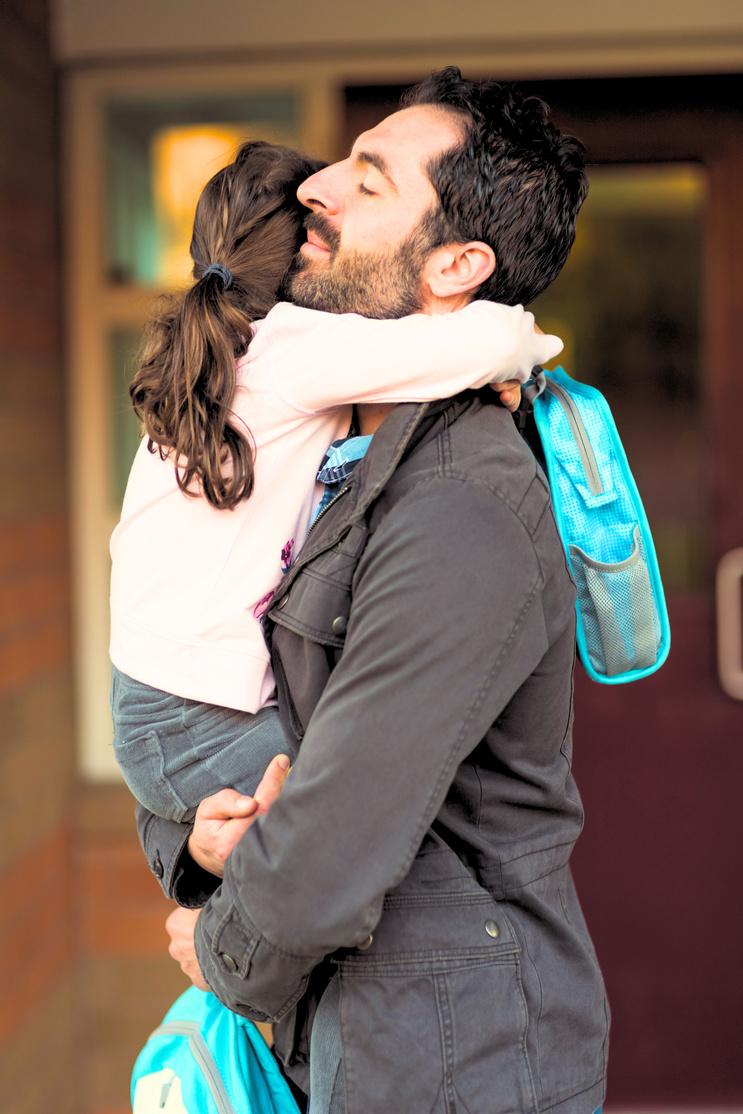

How would you rate/describe the support school gave to you, as the caregiver of a child with mental health needs?

How do you accept, advocate & act for children's mental health?
What are families saying?
I was able to keep fighting for my children even in my darkest hours and I did not give up and now they live with me, and I saved them from an abusive home. Even though I had a dark past and I had a mental health history, it did not define me, and my recovery and mental health is what I took seriously Because I was able to work on my life and my progress, I was available to my children when they needed help most! Now it is my turn to give them the skills I've learned through my process!
I am proud to watch the families that I support grow into community leaders!
After 2 years, finally got my child into an appropriate setting. Fight!
There have been a couple days this week when we've gotten the schoolavoidant child to school on timewoot!
I am celebrating my child's life and I am proud my husband and I were able to dig and dig and dig until we found a way to get my child who has serious mental illness a proper diagnosis and medication We don't stop advocating even during really hard times. I am also proud of all the parents I try to help along the way.
I miraculously managed to change our family's health care provider with Mass Health and it only took a little over an hour and a half!
If you need help from PPAL right now, request family support here or call us toll free at (866) 815-8122.


Youth MOVE Mass, the statewide Massachusetts Chapter of Youth MOVE National, has been busy engaging youth and young adults through the monthly youth group, trainings, and social media. The Youth MOVE MA youth group meets virtually on the first Tuesday of every month, with each meeting organized by one of our Youth Advocates in partnership with PPAL’s Youth Coordinator Colby Mills. Last month the theme was mental health fact vs. myth, organized by award-winning Youth Advocate Eden Adams.
Are you a young person looking to find your community, get involved, and use your voice? Reach out! We’d love to have you!
Don’t forget to check out Youth MOVE on social media!
The Youth Advocates have been working hard to post meaningful content on Instagram @youthmovemassachusetts. Take a look!
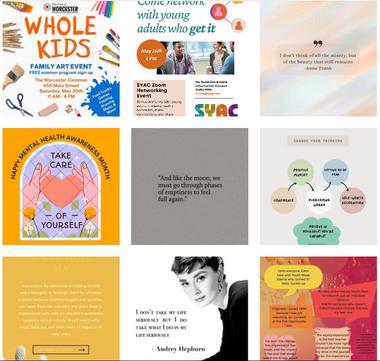
PPAL’s Central Massachusetts Team is happy to announce that they are fully staffed! Central MA Program Manager Kristen Solaras, who has worked with PPAL for many years, heads up a great team that’s been offering all kinds of programming - virtual, in-person, and hybrid networking groups, Active Parenting of Teens trainings, Parent Leadership programs, TAY (transition age youth) parent trainings, picnics, and more.
PPAL now offers a weekly group for the parents and caregivers of LGBTQIA+ kids and youth, Mondays 4:30-6:30pm. So far they have discussed topics like safety planning, gender vs. sexuality, inclusiveness in the community, and more. Want a low-key group where you can spend time with others without the pressure to talk? In our virtual Wednesday group (11:30am - 1:30pm) parents and caregivers bring whatever project they like - crochet, puzzles, paper flowers - and work on them in community with others who understand what it’s like to raise a child with mental health needs. Check out our calendar for more information on all of our social and networking groups.
Another highlight coming up is our summer Picnic in the Park, held June 17th from 11am to 3pm at Quinsigamond State Park Pavilion 3. All families are welcome even if this is your first PPAL event! Drop-ins are welcome, so you don’t have to register, but if you want to make sure there’s a free lunch waiting for you, sign up by emailing parentsupportgroup@ppal.net. Come join us for games, crafts, free food, and the opportunity to meet other families of kids with mental health needs.

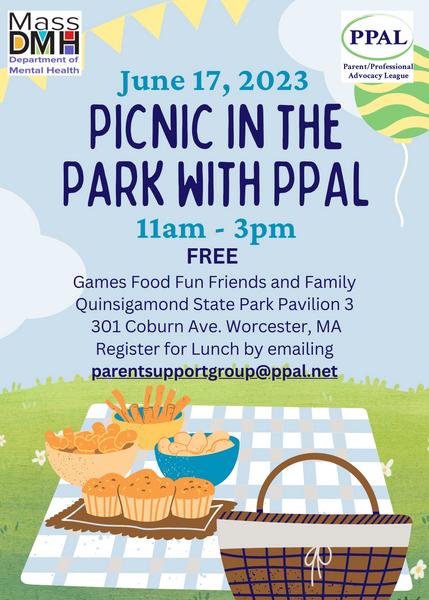
No sign up required for most groups. Groups that do require registration or booking include an email but are not clickable
TUESDAY
School Related Issues VIRTUAL / PHONE BY APPOINTMENT
parentsupportgroup@ppal.net
School Problem Solving Clinic
VIRTUAL / PHONE BY APPOINTMENT ONLY 1:00 PM- 3:00 PM juvenilejustice@ppal.net
CLICK
Click support groups to get zoom link unless otherwise indicated
Parents Raising LGBTQIA+ Children VIRTUAL 4:30 PM - 6:30 PM WEDNESDAY
North Central MA Parents of Transition Aged Youth (PTAY) IN PERSON & VIRTUAL 5:00 PM - 7:00 PM
North Central MA Family Support Group IN PERSON & VIRTUAL 5:00 PM - 7:00 PM

PPAL.net/events/
FRIDAY
Parent Support Group
VIRTUAL 11:30 AM - 1:30 PM
Parents of Transition Aged Youth (PTAY)
VIRTUAL
6:00 PM - 8:00 PM
Join Our Community on Facebook:
PPAL'S PAGE
PPAL EN ESPAÑOL PARENTS OF TRANSITIONAGE YOUTH GROUP
Grandparents Connections
VIRTUAL
2nd Thursday each month 12:00 PM - 2:00 PM
Grandparents Connections
VIRTUAL 4th Thursday each month 6:30 PM - 8:30 PM
Sibling Support Program
VIRTUAL
1st Thursday each month
*Pre-Registration Required emily.rubin@umassmed.edu 5:30 PM - 7:30 PM
Parent Support Group
VIRTUAL 5:00 - 7:00 PM
Coffee and Connections
VIRTUAL
9:30 AM - 11:30 AM
Support Group for Lynn Families IN PERSON For families and children
*Pre-Registration Required Email Dalene: ptahsw@verizon.net
Every Other Friday 6:30 PM - 8:30 PM

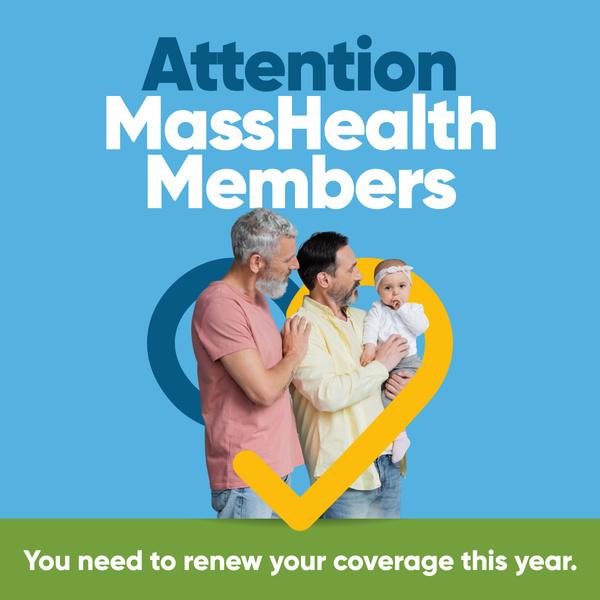
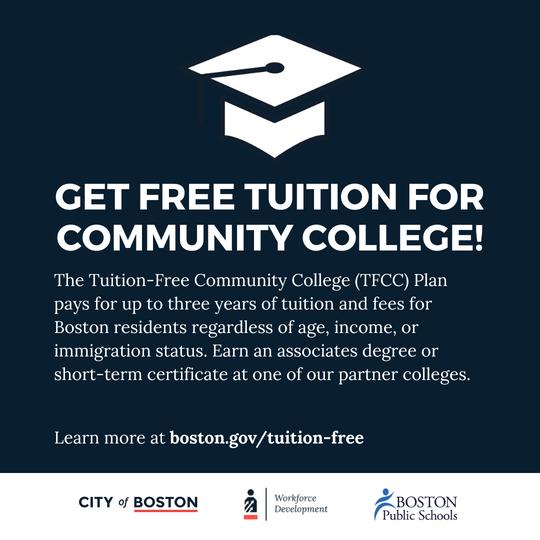





"Don't be afraid of your fears. They're not there to scare you. They're there to let you know that something is worth it."
-C. JoyBell